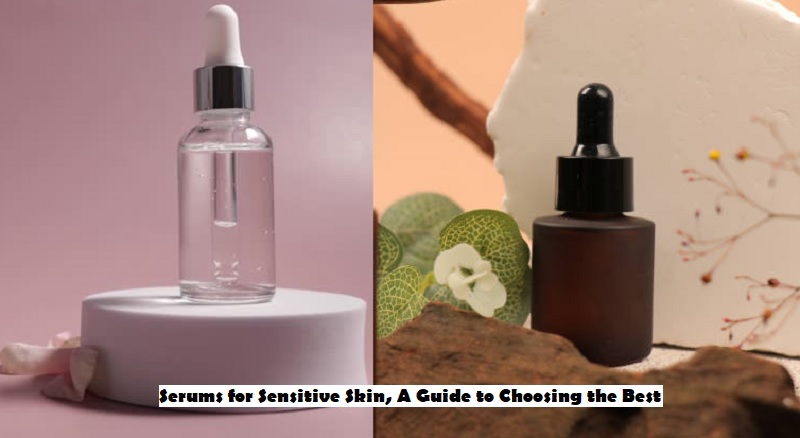Sensitive skin requires special care because it is more prone to irritation, redness and allergic reactions. The selection of skincare products must be done carefully. Including choosing a serums for sensitive skin. The reason is, not all serums sold on the market are suitable for this skin type.

Guide to Choosing Serums for Sensitive Skin
Usually, using the wrong serum can cause more severe skin problems. Some active ingredients in serum can be too harsh for sensitive skin. This causes reactions such as redness, itching, or stinging.
In fact, products that are too heavy or contain excess oil can clog pores and cause breakouts. Not infrequently some people also experience excessive peeling of the skin. To keep the skin healthy and avoid these negative effects, here’s how to choose a serum that is safe for sensitive skin.
1. Choose Products with Gentle Ingredients
Ingredients that are calming and moisturizing are very important for sensitive skin. Some safe and recommended ingredients include aloe vera, niacinamide and panthenol (Vitamin B5).
Avoid serums that contain ingredients that can trigger negative reactions such as alcohol, artificial fragrances, parabens and sulfates. In addition, in the explanation on the Adore Beauty YouTube channel, serums that contain too much vitamin C also feel harsh on sensitive skin. So make sure to carefully read the contents on the packaging before buying.
Every sensitive skin has different needs. If your skin tends to be dry, choose a serum with high moisturizing ingredients such as hyaluronic acid. If your skin is easily red or irritated, choose a serum with anti-inflammatory ingredients such as centella asiatica.
2. Use a Serum with a Light Formula
Sensitive skin tends to be more prone to clogged pores. Therefore, it is important to choose a serum with a light texture and absorbs quickly. Water-based formulas are more recommended than heavy oil-based ones. Water will be more easily absorbed without leaving a sticky feeling.
3. Avoid High Exfoliating Content
When choosing a serum for sensitive skin, make sure to avoid products that contain high exfoliating ingredients. For example, AHA, BHA, or retinol which can be too harsh on the skin. If you want to use exfoliation, choose a serum with a lower concentration. Also, use it only a few times a week to avoid irritation.
4. Consider Dermatologically Tested Certified Products
Make sure the serum you choose has a dermatologically tested label. That means the product has been clinically tested for sensitive skin. Certified products tend to be safer because they have gone through a feasibility test before entering the global market.
5. Test the Product Before Using
Before applying the serum to the entire face, it doesn’t hurt to do a patch test first. The method is to apply a little serum to a sensitive area such as behind the ear or wrist. Wait 24 hours to see if there is a negative reaction such as redness or itching. If there is no reaction, then the serum is probably safe to use.
So, choosing a serums for sensitive skin does require more attention. However, by understanding the right ingredients and avoiding ingredients that have the potential to cause irritation, it is easier for us to find the best product. With the right care, sensitive skin can stay healthy, hydrated and radiant.



